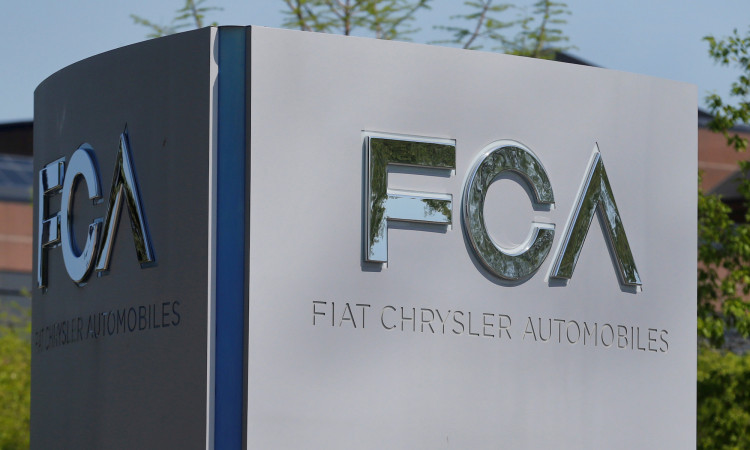The merger of Fiat Chrysler Automobiles and Groupe PSA on Monday by the European Union's competition commission will create the Continent's second biggest automotive group - as well as the world's fourth largest.
Stellantis will be worth $38 billion, and its formation will be the biggest automotive merger in 2020. The closing of the merger is expected by the end of the first quarter of 2021 after shareholders of both companies meet separately January 4 to approve the deal.
Stellantis will have an annual production volume of 8.7 million units, which places it behind the Volkswagen Group, Toyota Motor Corporation and the Renault-Nissan Alliance as among the world's top vehicle producers.
Based in Amsterdam, Stellantis will also become the world's third largest manufacturer by revenue, with an annual turnover of $208 billion. It will own Abarth, Alfa Romeo, Chrysler, Citroën, Dodge, DS, Fiat, Jeep, Lancia, Maserati, Opel, Peugeot, Ram and Vauxhall.
"FCA and Groupe PSA warmly welcome the European Commission's clearance authorizing the merger and the creation of Stellantis, a world leader in new mobility," said FCA and PSA in a joint statement.
FCA and PSA see the merger as their ticket to attaining their shared goals of funding electric vehicle production, and surmounting the massive economic damage inflicted by the COVID-19 global pandemic.
The deal will see PSA gain its long-sought access to the United States markets via FCA's network. On the other hand, FCA may be able to make use of PSA's electrified vehicle platforms to accelerate the development of its own EVs and autonomous vehicles.
Ownership of Stellantis will be split 50/50 between PSA and FCA shareholders. PSA investors will receive a $6.7 billion dividend, while FCA shareholders will receive $3.7 billion.
FCA's controlling shareholder is Exor N.V., the holding company of Italy's Agnelli family. PSA's investors are the Peugeot family, the French government and Dongfeng Motor Corporation, one of China's Big Four car companies.
The European competition commission also requires Fiat and PSA to allow rivals to access their repair and maintenance networks for vans to help startups expand in the market.
"Access to a competitive market for small commercial vans is important for many self-employed and small and medium companies throughout Europe," said European Competition Commissioner Margrethe Vestager.
The European Commission said PSA will extend its small van agreement with Toyota by increasing capacity for Toyota and cutting transfer prices for vehicles, spare parts and accessories to address EU competition concerns.





